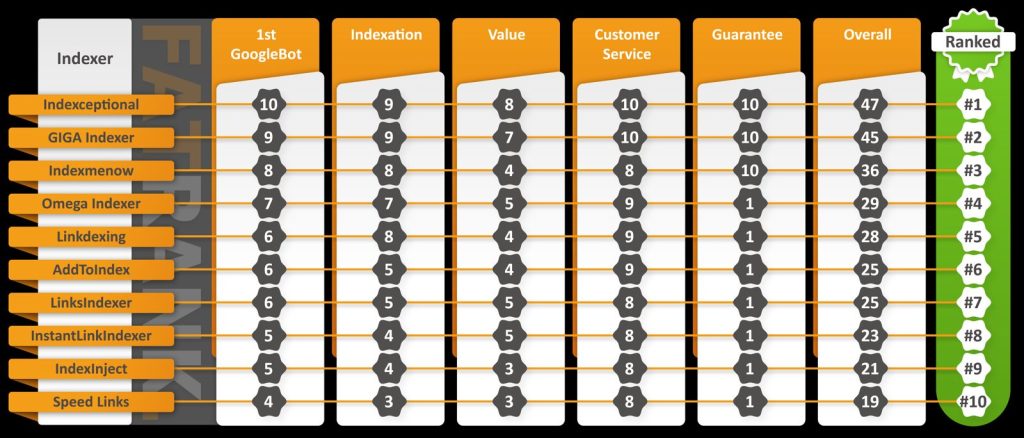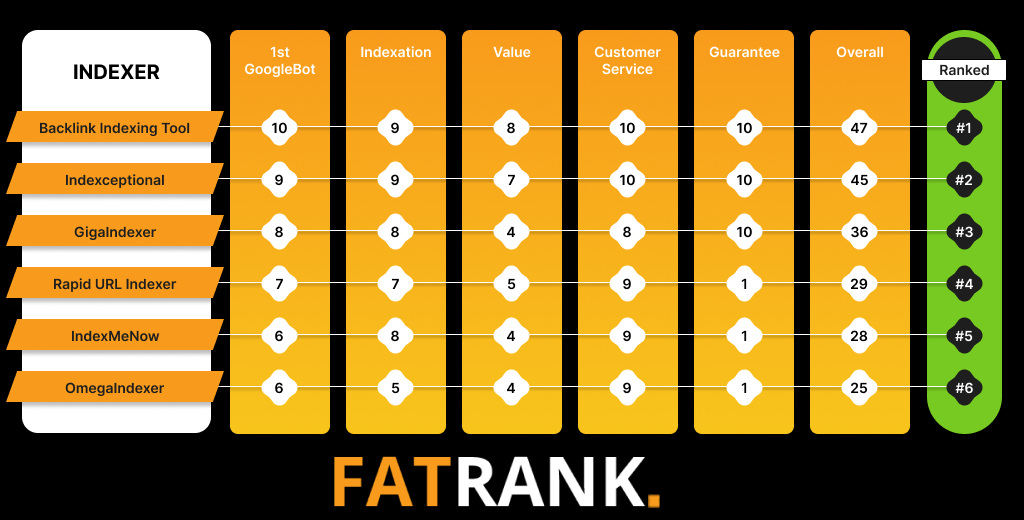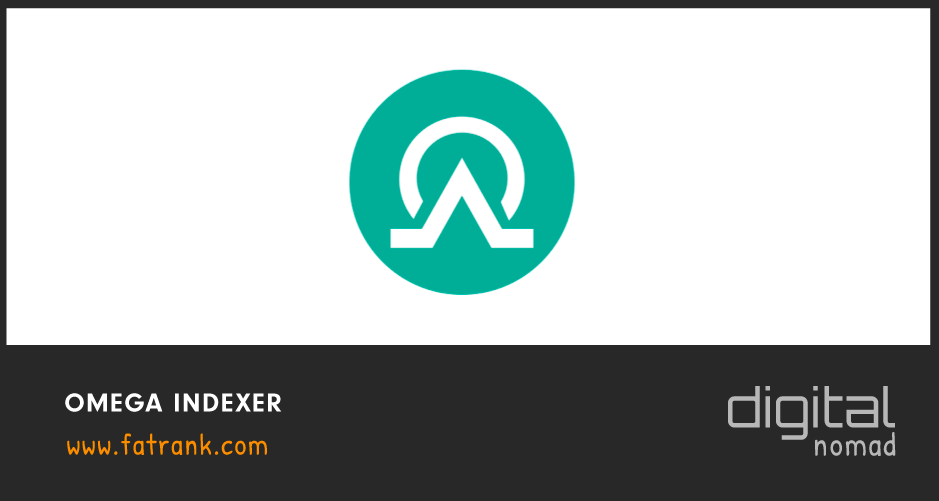Is Force Indexing Bad for Your Site?
We’re all eager to improve our website’s ranking and make it visible to an audience, but could you be negatively impacting your site?
We need to ensure that our URLs are indexed. We can prompt Google to crawl our site via the search console, but many web owners are now using tools to get ahead.
Force indexing isn’t inherently bad for your site but excessive or inappropriate use can lead to negative affects. Let’s take a look at ways you could be impacted on your site and how to get your pages crawled with a safe method.
Contents
What is Force Indexing?
Force indexing is a method used to prompt search engines to index a webpage more quickly than they might naturally.
This process involves using specific tools and techniques to draw the attention of search engine crawlers to a page, ensuring that it is crawled and indexed so it can appear in search engine results pages (SERPs) more promptly.
You can force indwebsite, website and you’re also able to use third-party indexers or backlink indexers to get your backlinks seen.
Is Force Indexing Bad For Your Site?
Force indexing isn’t inherently bad for your site, but it’s essential to use it carefully. That’s why the best indexing tools have drip feed options and ensure safe methods that align with Google’s latest guidelines.
When used appropriately, force indexing through tools like Google’s Search Console (formerly Webmaster Tools) can help ensure that your content is recognised and indexed by search engines, which is particularly useful for new or updated content that you want to be discovered quickly.
But for those that want to take their fate into their own hands, speed up the indexing and improve the likelihood of Google crawling the page or backlink, you will want to utilise safe indexing tools such as the well-known Indexceptional service.
As long as you use a trusted indexing tool that utilises safe methods, then you’ll be fine. You will also want to be sure to use the tool for a few URLs at a time.
Ways in Which Your Site Could Be Penalised
Here are some of the reasons you could be penalised for force indexing:
- Wasted Resources: Continuously forcing search engines to re-index unchanged pages can waste your crawl budget—the limit set by search engines for how many pages they’ll crawl on your site within a given time. This might result in important pages not being crawled and indexed as frequently.
- Penalty Risks: Overusing indexing requests, especially with low-quality or duplicate content, might be perceived by search engines as an attempt to manipulate rankings. This could potentially lead to penalties or reduced rankings.
- Unnatural Link Growth: If force indexing is used to index a high volume of backlinks artificially, it might appear as unnatural link growth to search engines, which could trigger a manual review and possible penalties.
How to Get Your Website Indexed
Here’s how force indexing is typically applied:
- Search Console Submissions: Webmasters can manually submit pages to search engines like Google via the Search Console. This tells the search engine that the page exists or has been updated, suggesting that it should be crawled and indexed soon.
- Sitemaps: Updating or submitting a new sitemap including the new or updated pages can also help alert search engines to these changes, prompting them to index these pages.
- Indexing Tools: There are various third-party tools and services that claim to help in getting pages indexed by submitting them to search engines or by creating signals that encourage search engine bots to crawl and index those pages.
Frequently Asked Questions
Can you force Google to crawl your website?
You cannot force Google to crawl your website, but you can use expert indexing tools to prompt it to crawl and index your site.
Outside of indexing tools, you can use “fetch and render” on the Google Search Console to request the search engine crawl your URLs.
There are no guarantees on getting your pages crawled, whether that’s indexing tools or Search Console.
Why aren't my pages being indexed?
There can be numerous reasons for your site not being indexed – it could be that you are using duplicate content, have thin and low quality pages, or have too many pages for the crawl budget.
It depends on your site, and there’s no exact answer, but you should factor in the past when working out why your site is being missed.
Other Indexing Articles
- Best Indexers for Backlinks in 2025

- Best Indexers for Third Party Websites

- Best Search Engine Indexing Tools

- Cheapest Methods to Index URLs in Google

- Fastest Way to Index Web Pages For Bloggers

- GigaIndexer Review

- How to Index AI Content Using Cutting-Edge Tools

- Indexceptional Review

- Is Force Indexing Bad for Your Site?

- Links Indexer Review

- Omega Indexer


About FatRank
Our aim to explain and educate from a basic level to an advanced on SEO and Social Media Marketing.
